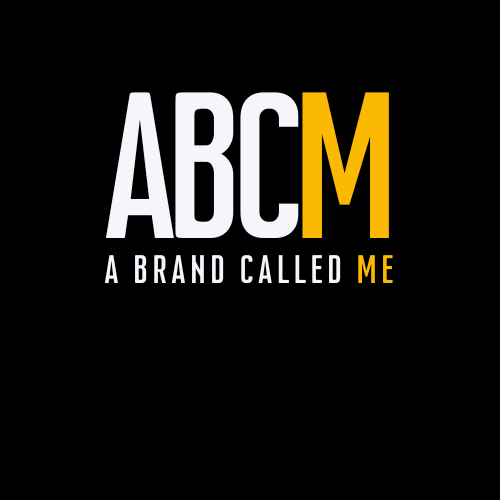The Art of Personal Branding: Crafting Your Unique Identity and Impact
This is a subtitle for your new post

In today's digitally connected world, everyone has a personal brand, whether they are aware of it or not. Your online presence, from social media accounts to blogs and websites, all contribute to shaping your unique identity and image. If you're unsure about your personal brand, take a moment to "Google" yourself, and you'll discover the content that defines your brand.
Personal branding holds tremendous benefits, akin to the success enjoyed by strong company brands. Research by McKinsey reveals that powerful brands outperform their less recognizable counterparts by an impressive 73%. Moreover, with the majority of consumers today being belief-driven buyers, they seek to support brands that stand for positive change.
But what exactly is personal branding? It is the projected image of an individual's personality, skills, experience, and behavior that defines their unique identity. By creating a well-defined personal brand, you can set yourself apart in a highly competitive market and help people understand who you are, even when you're not physically present. The key lies in telling your story, sharing your personality, and connecting with those who resonate with your vision.
Personal branding encompasses all available content about a person. While it may seem organic and intuitive, developing a brand requires consistent maintenance to ensure its cohesiveness. Elon Musk's well-defined brand of brash intelligence and risk-taking bravado, for instance, would confuse his followers if he suddenly started sharing content emphasizing empathy and emotional intelligence.
To reap the benefits of personal branding, it's essential to dedicate time and effort to crafting your brand identity. When done right, it offers several advantages for both you and your customers:
1. Facilitating Decision-Making: A comprehensive and captivating LinkedIn profile, for example, instills familiarity and trust in potential buyers, enabling them to decide whether they want to work with you based on your expressed viewpoints.
2. Standing Out from Competitors: By defining and reinforcing your personal brand, you present a cohesive online presence that sets you apart from competitors with weak or inconsistent brands.
3. Aiding Entrepreneurial Aspirations: A strong personal brand simplifies the transition to entrepreneurship, as people often associate a start-up with its founder. By clearly branding yourself, you enhance your business prospects.
4. Enhancing Authenticity and Sales: Today, the sales experience and personal touch offered by a salesperson are primary differentiators in the market. Consumers gravitate towards authentic user-generated content that represents the individual behind the brand, making a compelling personal brand crucial for success.
To develop an effective personal brand, focus on these five essential components:
1. A Complete LinkedIn Profile: LinkedIn plays a central role in personal branding. Optimize your profile with a professional picture, a well-crafted headline, a compelling summary, and engaging visual content that reinforces your brand vision.
2. A Positioning Statement: Craft a succinct statement that showcases what sets you apart from others in your industry, profession, or role. Target your audience and express your unique value proposition clearly.
3. An SEO-Friendly Profile: Ensure your online presence is easily discoverable by conducting keyword research and incorporating relevant keywords into your LinkedIn profile, Twitter bio, blog, and other online spaces in a natural manner.
4. A Unique Point of View: Develop a distinctive voice that reflects your personality and opinions. Stand out by offering insights and perspectives that differentiate your personal brand.
5. A Consistent Posting Schedule: Maintain consistency in posting content that aligns with your personal brand. Share thoughts on industry trends, helpful sales tactics, or personal experiences to engage your audience and reinforce your brand identity.
Formulating a personal branding strategy requires careful balance, as too little or too much branding can both be detrimental. Define clear goals for your brand and create a unified theme that encompasses fonts, colors, logos, and messaging. Tell your story to establish meaningful connections, and remember to stay human by sharing relatable content from time to time.
Personal branding can serve as a powerful tool to distinguish yourself in the vast digital landscape, create lasting impressions, and connect with your audience. By developing a cohesive and engaging brand that resonates with your values and vision, you can shape your unique identity and make a lasting impact on your community and industry.











